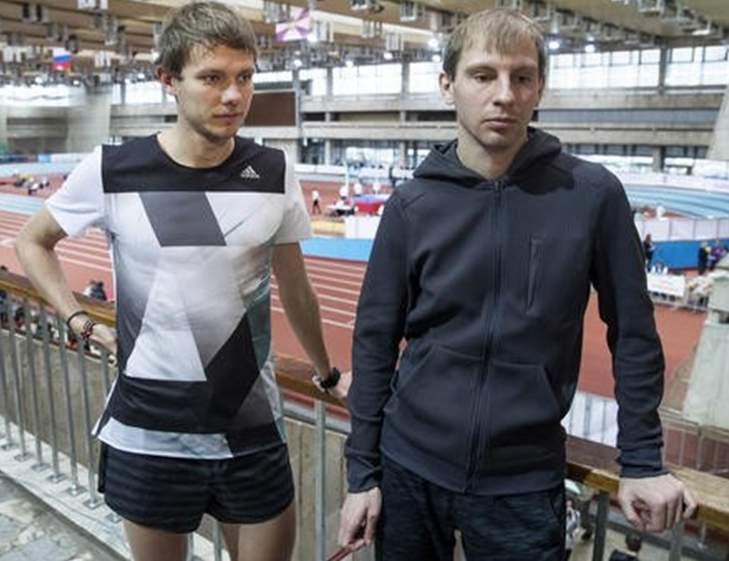media_artricles :: 2017
Clean Russian athetes turn to Rocket Science
Trinidad Express :: 27.02.2017A group of Russian track and field athletes want to beat dopers with science and show that their country can win clean.
Formed in the shadow of Russia's doping scandals, the Rocket Science Project is hoping to encourage whistleblowers and create an independent training camp with a strict no-drugs policy.
The group says ignorance and greed have driven Russian athletes to use drugs for years as a shortcut to success, justifying it with the belief everyone else does it too.
"It's stupid to deny that we have big problems with doping in our country. As a consequence of that, sports technology, science and knowledge are probably 20 years behind the modern world level," says Evgeny Pishchalov, the slightly built distance runner-turned-coach who leads the project. "If our system doesn't restructure, we're at risk of ending up without any Olympic medals in the coming years. We've been left with no choice — change or die."
Rocket Science has already launched a hotline for doping whistleblowers, and is working to set up the training camp. Members will have to pay a US$25,000 fine if they ever test positive.
The group wants to stay independent of Russian institutions and sports officials accused of overseeing widespread doping. Sergei Litvinov, a top hammer thrower, says Rocket Science will accept limited cooperation but "as soon as we feel any kind of pressure, we'd rather shut it all down."
Russia's ban from international track and field in 2015 for widespread drug use sparked anger from Russian athletes who felt the sanction wasn't fair.
As denials dominated social media debates among Russian athletes and coaches, a minority argued for reforms and a doping crackdown, and said Russia shouldn't be proud of drug cheats' medals. That sowed the seeds for the Rocket Science Project, though convincing more Russian athletes to follow their lead is hard.
"We've got the mentality that all the others (in other countries) are gulping down banned substance and we do it a little less, so we're the good ones," says Vasily Permitin, a runner who's part of the project. "And if you believe everyone is taking it, reporting on them is seen as bad."
Become a subscriber to the Trinidad Express Newspapers for access to all our articles via our e-paper.

Enlarge Image
Pioneers: Runner Vasily Permitin, left, and Evgeny Pishchalov, part of the Rocket Science Project, attend an interview with the Associated Press at the Russian Indoor Championships in Moscow, Russia. —Photo: AP

Close Window